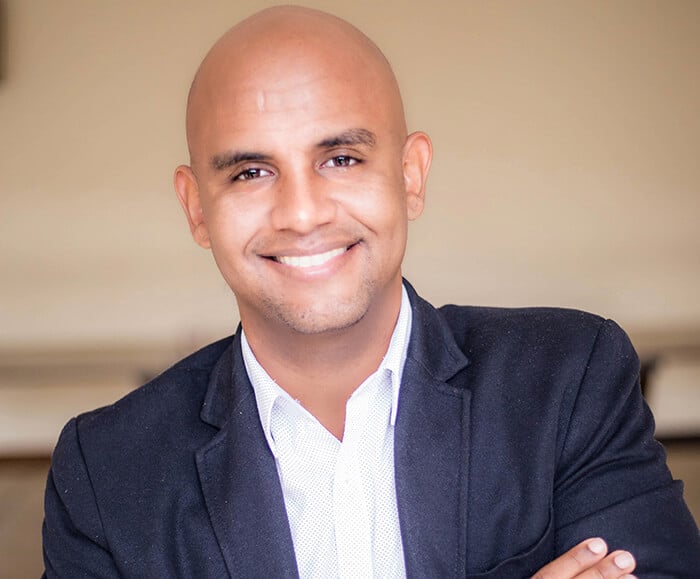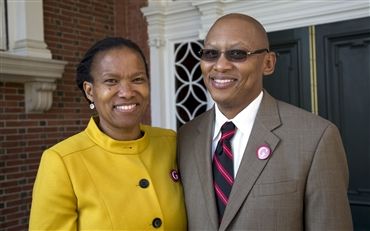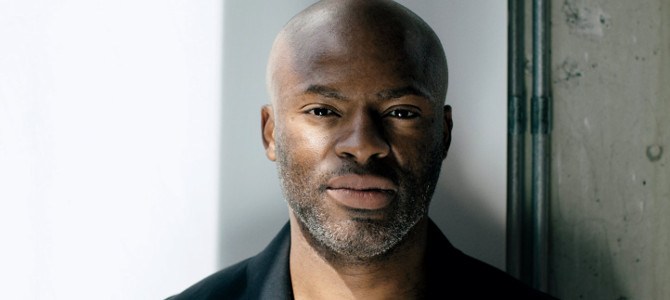In this article, we will be exploring the world of angel investing, a type of financing where individuals invest their own money into early-stage companies.
If you are new to the concept of angel investing, or if you are simply looking to learn more about this exciting and potentially lucrative area of the financial market, then this article is for you.
Angel Investing 101
Angel investing entails investing your own funds in a startup in exchange for equity in the business. Angel investors come from a variety of backgrounds and often invest during the early stages of a company’s development.
Often, these businesses have no customers or revenue. They may only have a good business plan, have finished a beta test, or have built a “minimum viable product.” An angel investor’s money is often used for research and development, to help the company figure out what products and services to offer, to come up with a business plan, or to figure out who their target market is.
Angel investors can work independently, as a team in an angel network, or through intermediaries like equity crowdfunding platforms and syndicates.
Historically, angel investors have been wealthy individuals who contributed funds directly from their own wealth, as opposed to a venture fund or institution. Angel investing was primarily conducted through direct relationships between private investors and startups for the majority of its existence. Non-accredited investors were excluded from these opportunities.
However, angel investing has evolved over time to include third parties such as equity crowdfunding platforms. This is an exciting development for both founders and potential investors, as it expands the pool of potential investors who have the capital to deploy but are not accredited.
It’s a win-win situation, as startups now have access to a larger pool of investors, and everyday investors now have access to potentially lucrative startup investment opportunities that were previously reserved only for the wealthy.
How to Become an Angel Investor
Usually, meeting the standards of being an accredited investor is a prerequisite for becoming an angel investor.
Accredited investors must meet at least one of the following criteria:
- Individual income exceeding $200k for each of the past two years with a reasonable expectation that the $200k threshold will be reached in the current year
- Joint income with a spouse exceeding $300k for each of the past two years with a reasonable expectation that the $300k threshold will be reached in the current year
- Personal net worth (excluding the value of a primary residence) exceeding $1M
- Hold in good standing a Series 7, 65 or 82 license
Due to changes in securities law, however, non-accredited investors (the vast majority of Americans) are now allowed to legally invest alongside accredited investors under certain guidelines.
For example, both accredited and non-accredited investors can invest in private businesses through equity crowdfunding platforms.
Know how to find deals
Many angel investors already have a network of startup founders and entrepreneurs. Since they communicate with these individuals often, they sometimes hear about startups and can find deals to consider.
If you don’t have access to this kind of network, you can contact a startup founder directly if you find a company with an interesting new business idea that you’d like to learn more about and possibly invest in.
You can also find deals by joining an angel group. This gives you access to a group of angel investors who assess and invest in startups together.
Choosing which startups to invest in
Before investing your hard-earned money, you must do your homework or “due diligence”. This is the process of conducting research on an investment opportunity to determine its potential. Due diligence enables investors to make more informed investment decisions, mitigate risk, and uncover additional valuable information about a company’s chances of success.
Since most startups fail, investors must do thorough and objective research on any startup they might want to invest in to make sure they fully understand the risks and benefits and weigh them against each other.
Angel investing is risky, but potential high returns and satisfaction from nurturing a startup can make it worthwhile.



















































